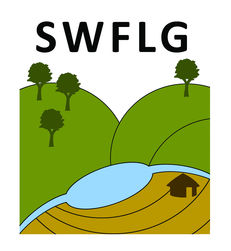Saving the Forest - community enterprise development in SW Ethiopia
The forests of South West Ethiopia moderate water flow, critical for food production in lowland Ethiopia, Egypt and Sudan and are globally important for carbon fixing and genetic resource conservation. Threatened by population growth and agri-investment, the forests are being degraded and destroyed.
The Huddersfield University project sought to identify effective community-based arrangements for sustainable forest use. Critical to this was the introduction of Participatory Forest Management which helped clarify community rights, responsibilities and revenues from the forest making community-developed sustainable forest management plans viable. Critically, the project facilitated the development of small-scale enterprises to increase production of forest honey, spices and coffee, enhance national/ international market links, develop new institutions and revise forest legislation. These contribute to making the forest pay so that communities are motivated to sustainably manage them.
This has transformed 105,000 hectares of degrading forest, created 18 new enterprises and directly benefited 100,000 forest users.
Top 3 learnings
1 Involvement of partners from the outset is crucial
2 Action research, testing agreed innovations, and monitoring their results, is the way to create an interactive testing, learning and adoption process for solutions to challenges
3 Changing behaviour and attitudes to forest management takes time and requires patience; be prepared to be in there for the long haul.
Videos









 Except where otherwise stated, content on this site is
licensed under a Creative Commons Attribution 3.0 License.
Except where otherwise stated, content on this site is
licensed under a Creative Commons Attribution 3.0 License.
